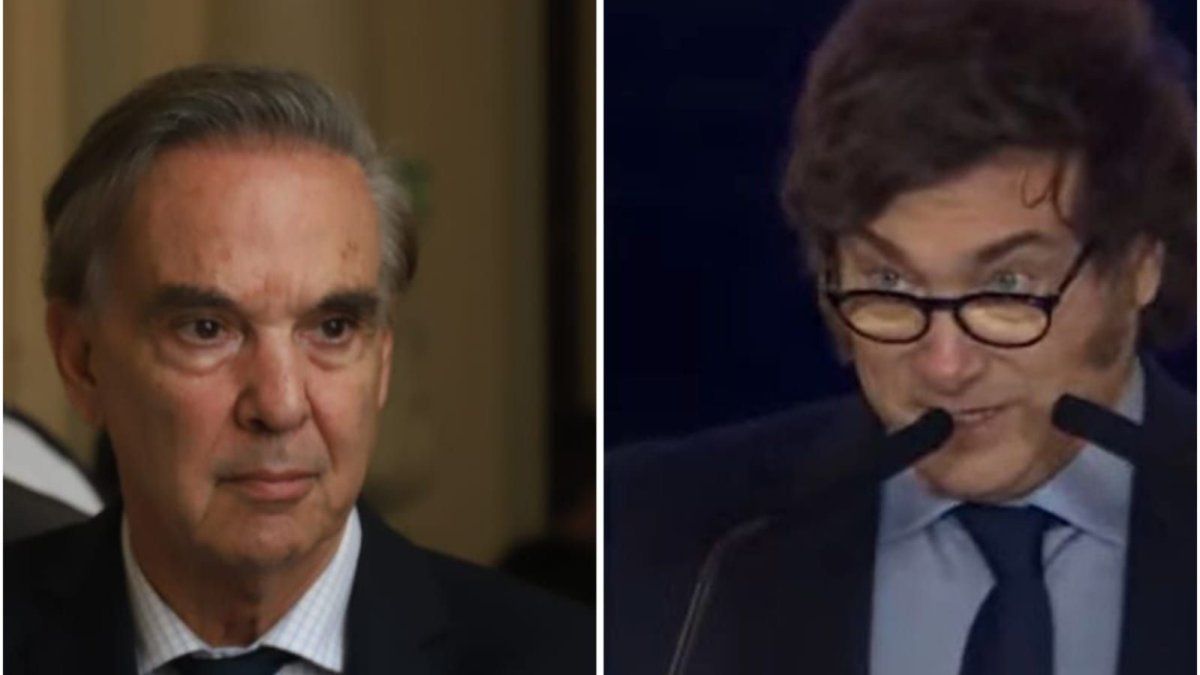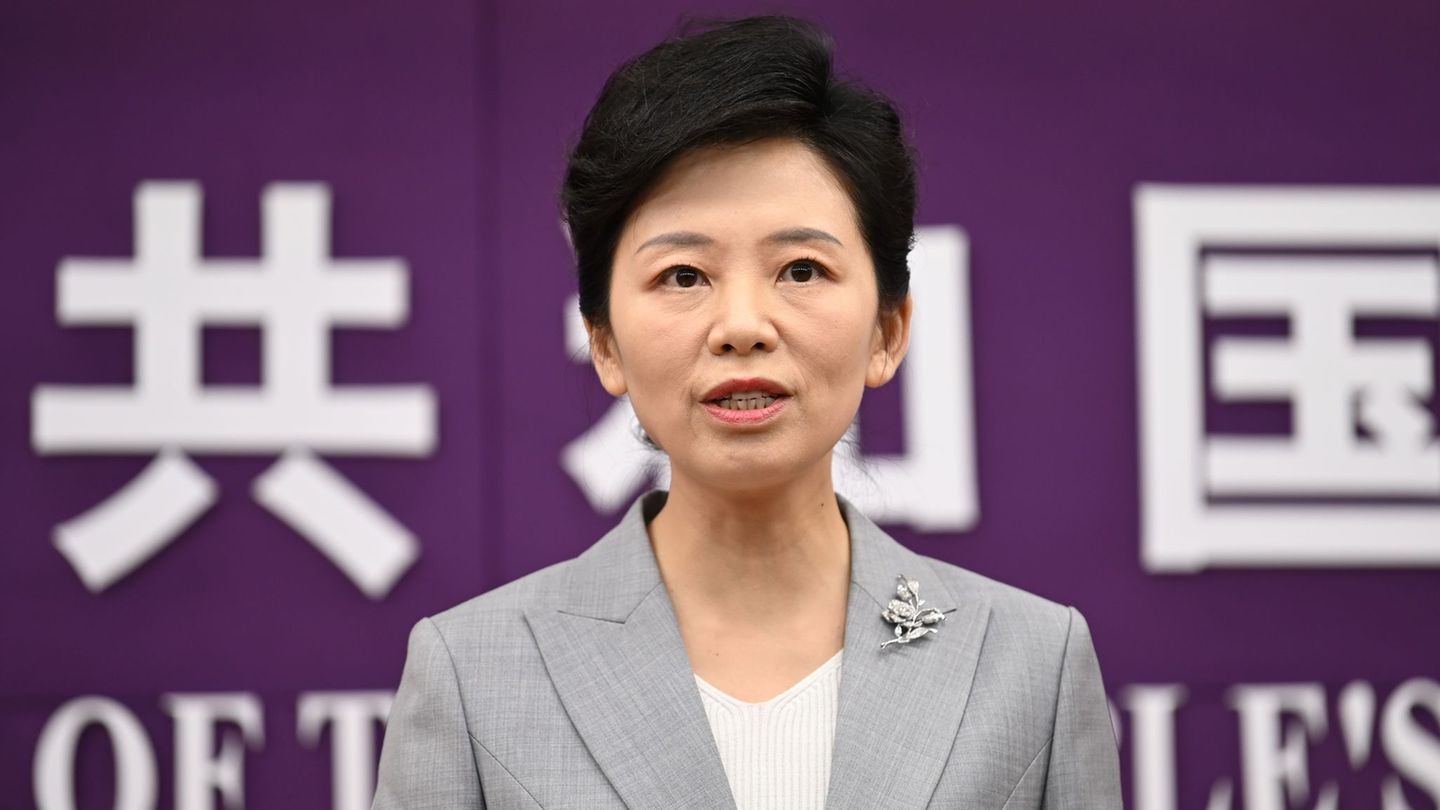““You have the instrument of the veto if you don’t like the law,” Pichetto said. In detail, the project seeks to modify the definition of “need and urgency” in addition to proposing the expansion of the Bicameral Legislative Procedure Commission (which reviews the DNU) and that the Legislative Branch have a time limit to ratify the decrees and not to revoke it.
Pichetto’s message for Javier Milei
According to a report from the Faculty of Law of the Universidad Austral, Milei is the fourth president with the highest number of DNUs – 39 -, in his first nine months in office, behind Eduardo Duhalde (78), Alberto Fernández (60) and Néstor Kirchner (51). Likewise, he was the first president to whom both chambers of the National Congress repealed a DNU: 656/24, of funds reserved for the Intelligence Service.
Given the string of DNU issued by the presidency, and after the vetoes of the Retirement reform and the university financing lawopposition sectors of the Chamber of Deputies are promoting a legislative project to modify law 26,122 that regulates Decrees. The ruling party described this intention as an attempt to “coup d’état“and Milei himself announced that will veto the text if approved.
pichetto.jpg
Pichetto ironically commented on the Government’s discontent over the project that seeks to change the regulations on the DNUs.
In this context, and after the accusations outlined by the ruling party, Pichetto assured that the project is being discussed “within the framework of a commission“, which for the deputy reflects something “normal within the scope of Congress“.
“I don’t believe in such a dramatic vision. You have the instrument of veto if you don’t like the law. It seems to me that the only thing Congress cannot do is not discuss the issues“, the legislator said in radio statements.
It is not the first time that both politicians have crossed paths with media statements. Last Sunday the President accused Pichetto’s speech and political image as “miserable, low and disgusting.” Given this, the representative of Encuentro Federal stated: “I do not have much interest in personalizing a dispute in terms of personal grievances. I replied that the situation was miserable and that I was experiencing serious difficulties.”.
The debate in Deputies for the reform of DNUs
The blocks of Union for the Homeland and Federal Meeting They were responsible for promoting changes in the regime that regulates the sanction of DNU by the Executive Branch. Current legislation places obstacles in the process of reviewing decrees, with the aim of facilitating governance in crisis situations.
In this context, the law states that, after a Decree, a bicameral commission must be established that must issue, within 10 days. Furthermore, it also rules that the rejection of both chambers of Congress to drop a DNU.
Milei confirmed a new veto- ‘coup d’état’.mp4
The president announced that, if approved, he will veto the bill.
Courtesy C5N
The project began to be debated last Wednesday, October 16. During the meeting, the man from Córdoba Oscar Agost Carreño (Federal Meeting) highlighted the context in which the debate is inserted: “We have to be aware that the Bicameral of Legislative Procedure It is not working: we do not know if a blockage is being sought or there is another type of problem, but the truth is that there is a request from deputies to make it work and After ordering all the DNUs of previous presidents they still do not meet“.
“There is a willingness on the part of more blocks to do so and we have to be honest: since the dictation of DNU 70/2023, a lot of discussions were opened that did not occur before on this topic,” added the deputy. Finally, Agost stated: “we cannot institutionally allow from this Congress that the next president, whoever it may be, can repeal all previous DNUs with a DNU or put positive changes in crisis“.
On the other hand, during the debate, deputy Paula Penacca (Unión por la Patria) requested that the investigation of the six deputies who visited repressors convicted of crimes against humanity during the last military dictatorship, a conflict that was debated in the Petitions Committee, one of which made up this Wednesday’s plenary session along with Constitutional Affairs. The Peronist exhibition was presented by the man from Santa Fe Diego Giuliano who stated that “Bicamerality is not an option, but rather it is a decision after all the difficulties of the national organization have been overcome.”
“There has been a very strong executive impulse as a result of the issuance of DNUs that have meant an abuse of the system,” Giuliano concluded. For his part, Penacca commented: “The President will have to learn to dialogue and build a slightly broader consensus beyond the third, to be able to approve his laws and not tempted to govern only by DNU“.
The defense of the Government came into the hands of the Buenos Aires native Pablo Juliano (UCR) who pointed out that the DNU “I do not believe it is an instrument of governability” and indicated that “if the Executive Branch understands that there is a situation of need and urgency, This Parliament cannot look to the side because without legality there is no possibility of facing any need or urgency“The debate and the strong positions open a new chapter that puts the task in the spotlight legislative of Congress.
Source: Ambito




